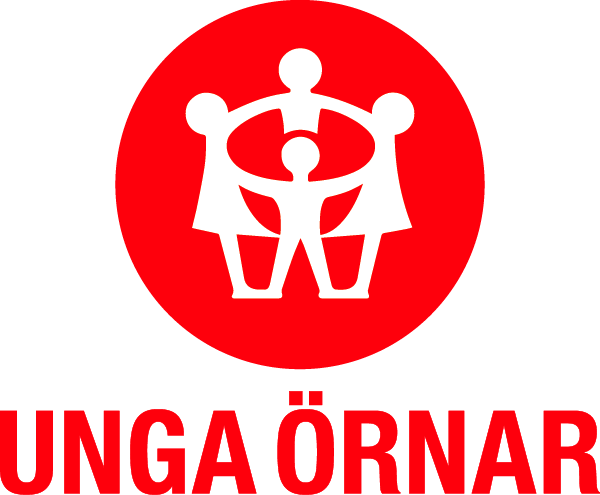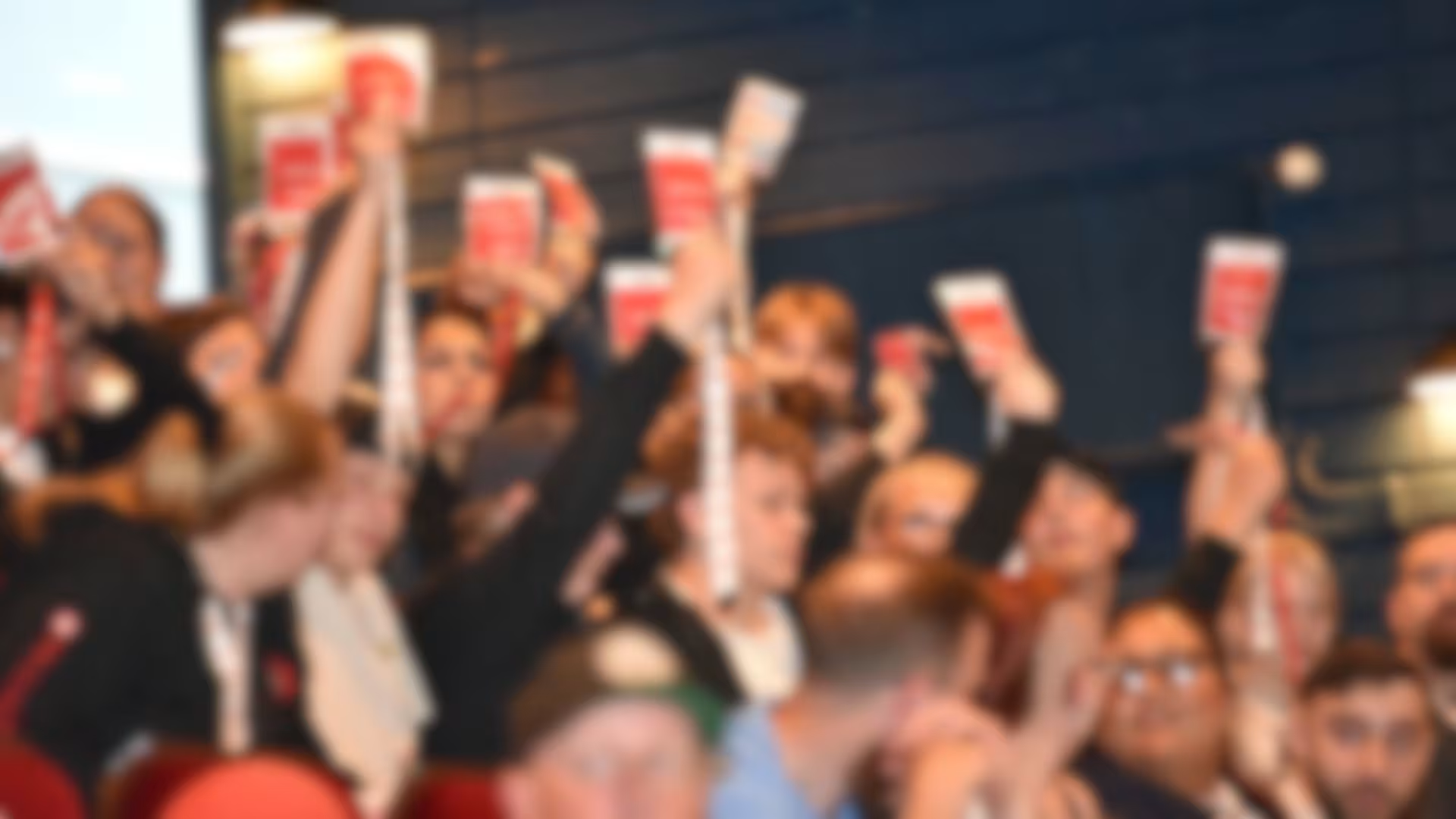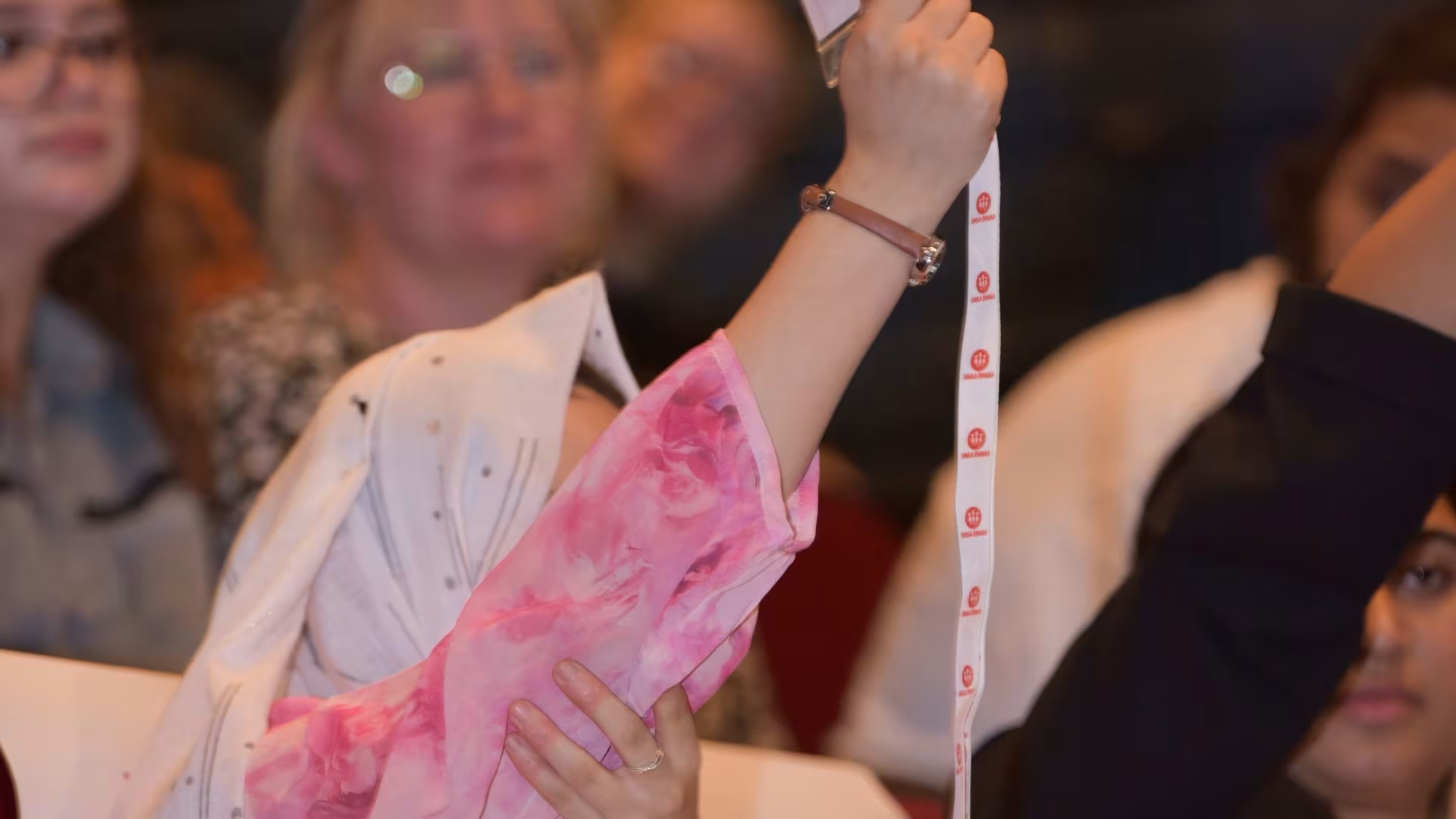
I över femtio år har vi haft parlamentarisk enighet i Sverige om att vi har råd att avsätta en hundradel av landets inkomster (BNI) till bistånd till människor som lever i fattigdom och förtryck. En krona av hundra. I år beslutade dock regeringen att enprocentmålet skulle skrotas och att biståndspolitiken ska läggas om. Det kommer att påverka miljontals människor som lever i stor utsatthet på grund av krig, förtryck, våld och extrem fattigdom. Inte minst barn och unga.
Regeringen har börjat med att skära ner biståndsbudgeten till en fast summa om 56 miljarder kronor per år under de närmaste tre åren. En nivå som inte tar hänsyn till vår ekonomiska tillväxt eller de ökade behoven i världen. Det innebär att vi ger mindre bistånd i förhållande till vår ekonomi än vad vi gjort på flera decennier. Samtidigt har regeringen aviserat en historiskt stor omläggning av biståndet. Det ska i högre grad fokusera på Sveriges närområde och Ukraina. Behoven i Ukraina är betydande. Men att låta barn och unga som lever i fattigdom och konflikt stå för notan är oetiskt.
”BEHOVEN I UKRAINA ÄR BETYDANDE, MEN ATT LÅTA BARN OCH UNGA SOM LEVER I FATTIGDOM OCH KONFLIKT STÅ FÖR NOTAN ÄR OETISKT”
Regeringens nedskärningar har också mött stark kritik från forskare, civilsamhället, oppositionen, och internationella aktörer. Många har påpekat att dessa kommer att få allvarliga konsekvenser för de barn som lever i utsatthet liksom försvåra arbetet att nå de globala målen för en hållbar utveckling. Särskilt allvarligt är situationen för barn i Mellanöstern och Afrika, där Sverige har ett långvarigt utvecklingssamarbete. Dessa regioner är hårt drabbade av konflikter, våld, fattigdom och brist på demokrati. Många barn lever här under svåra förhållanden utan tillgång till grundläggande rättigheter som utbildning, hälso- och sjukvård, rent vatten och sanitet. Många är också utsatta för övergrepp, diskriminering, tvångsarbete och rekrytering till väpnade grupper.
Sveriges bistånd gör skillnad för dessa barn genom att stödja organisationer som arbetar för att skydda dem från våld, ge dem möjlighet att gå i skola och främja deras deltagande i samhället. Regeringens nedskärningar hotar nu dessa framsteg och riskerar att försätta många barn i ännu större utsatthet.
Sverige måste därför snarast återgå till enprocentmålet och visa solidaritet med världens mest utsatta. Det är inte bara en moralisk skyldighet, utan också en nödvändig strategi för att bidra till en mer fredlig, rättvis och hållbar framtid. En framtid som också påverkar oss i Sverige då ökad fattigdom och förtryck inte bara orsakar stort mänskligt lidande, utan också leder till konflikter, flyktingströmmar och ökad miljöförstöring. Biståndet är en nödvändig investering i vår gemensamma framtid.
Mänskligheten står idag inför sina största utmaningar någonsin. Sveriges utveckling och säkerhet är helt beroende av att andra länders utveckling går i positiv riktning. Vi ska vara med och ta ansvar för vår gemensamma framtid utifrån vår förmåga, inte ett land som offrar barns framtid med kortsiktiga biståndsnedskärningar.
Anna Sundström, Generalsekreterare Olof Palmes Internationella Center
Tomas Aronson Ylipää, Förbundssekreterare Unga Örnars Riksförbund
Christian Kaddik, Internationell ledare Unga Örnars Riksförbund


